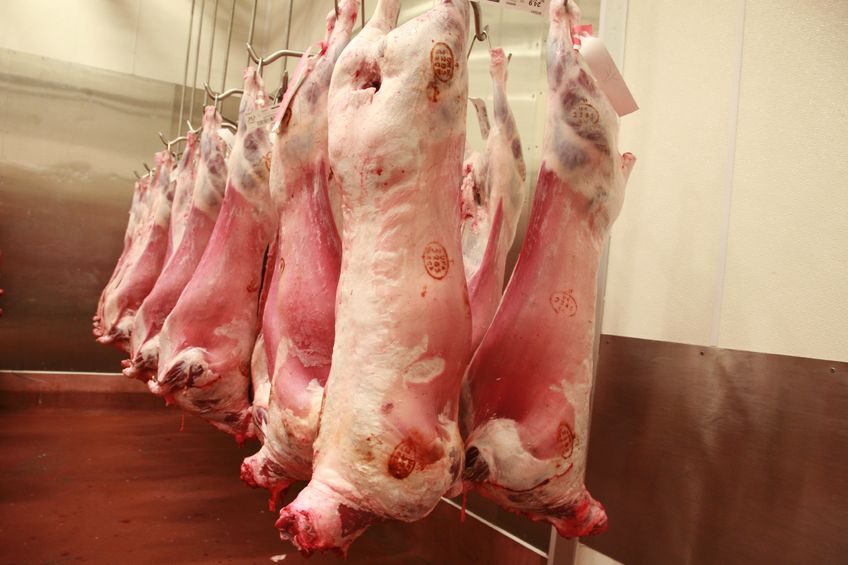
A new report released has concluded that the UK’s network of small local abattoirs is near collapse, and that huge loss of consumer choice may happen.
The report, by the Sustainable Food Trust (SFT), said that without "urgent action" there will be less consumer choice because the marketing of locally-produced, traceable meat will no longer be possible in many parts of the country.
This is due to the ongoing closure of many smaller local abattoirs and the high financial, environmental and animal welfare cost of transporting relatively small numbers of farm animals further to get them slaughtered and then transporting the meat back to the farm of origin.
The report shows that over the last decade more than a third of small abattoirs have closed. In England there are just 63 small abattoirs left, down from 96 in 2007.
Two further small abattoirs have already closed this year in Scotland. In total the number of all red meat abattoirs has fallen to 249 from 320 in 2007 and almost 1,900 in 1970.
Many of these, however, are unsuitable for local meat marketing.
The reasons for the continuing closures include the disproportionately high burden of regulation imposed on small abattoirs, falling cattle numbers nationally and the currently very low and often negative profitability of the sector due to the increasing dominance of supermarkets.
Mobile abbatoirs
The SFT is calling on the Government to make a "clear statement" of support that it recognises the "vital importance" of smaller abattoirs.
It wants the government to work constructively with interested parties to make possible the use of mobile and small static red meat abattoirs for on-farm slaughtering.
A task force is recommended to commence with joint government, industry and consumer representation, to establish why small abattoirs are closing and propose solutions to ensure their survival.
The ideal for many producer-retailers would be a mobile abattoir which comes to their farm periodically.
A number of countries within the EU and also Canada, New Zealand and America currently have mobile abattoirs successfully operating within tight regulatory regimes that enhance animal welfare and bio-security.
The SFT believes mobile abattoirs would have advantages for animal welfare and could become viable in the UK, with the use of CCTV cameras and constructive government and regulatory engagement.
'Threatens renaissance'
Richard Young, policy director of the SFT and a co-author of the report said local abattoirs play a "vital role" in all rural communities where farm animals are kept.
“When they close, both animals and meat have to be transported much further. This is bad for animal welfare and bad for the environment. It also threatens the ongoing renaissance of local food cultures,” Mr Young said.
“On my own organic farm, I have had to change abattoirs nine times over the last 30 years in order to keep our farm shop supplied with the meat from our own animals, as seven of those closest to me have closed and two became unsuitable for other reasons.
“I now have to take our animals almost 40 miles to get them slaughtered and it costs a great deal to get the carcases delivered back to our shop.”
Phil Stocker, chief executive of the National Sheep Association said the report draws attention to the "rapidly changing and complex crisis" facing smaller local abattoirs and those who depend on them.
He said: “I truly hope that government and industry will work together to offer a long-term future for our diminishing network of local abattoirs before it is too late.”
